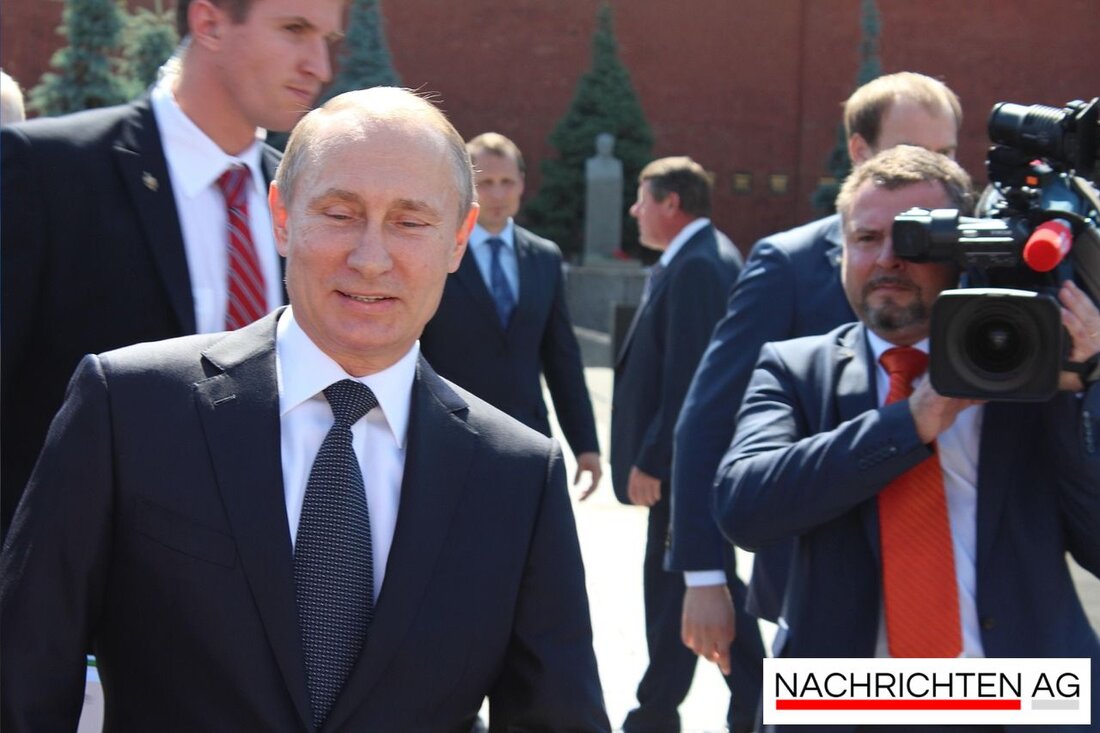Criticism of the SPD manifesto: Merz emphasizes unity against Russia's aggression
Criticism of the SPD manifesto: Merz emphasizes unity against Russia's aggression
In the current political discussion within the SPD, more than 100 prominent members call for a change of course in security and defense policy. In a letter that is titled as a "manifest", they call for talks with Russia and a fundamental turn in foreign and security policy. This also includes criticisms of the stationing of new US medium-sized racets in Germany. Among the signing are influential names such as Rolf Mützenich, Ralf Stegner and Norbert Walter-Borjans. However, these positions contradict the previous policy of the federal government, which is clearly positioned against Russia.
The discussion culminates in a field of tension in which Chancellor Friedrich Merz emphasizes the unity of the Union and SPD in the evaluation of the Ukraine War. He expresses that the federal government is "completely united" in the consequences of the war, while the Danish Prime Minister Mette Frederiksen, Russia, identifies as an aggressive actor in the conflict. The SPD-Link's advance thus ensures considerable internal unrest.
internal criticism and reactions
criticism comes in particular from the Greens, such as Franziska Brantner, who underlines the urgency of a clear attitude towards Russia. It describes the change of course as "extremely irritating" and demands that they are at the side of the attacked Ukraine. Anke Rehlinger, Saarland Prime Minister, also distinguishes himself from the manifesto and makes it clear that Russia under Putin is not a reliable person. It emphasizes the need for an intra -party exchange about the foreign policy arguments.
In the manifesto, the military confrontation is also rejected. Instead, the authors call for defensive equipment for the armed forces as well as stronger focus on arms control and disarmament. The war in Ukraine is known as Russia's attack in violation of international law, and a gradual return to relax the relationships is required. However, these demands are in a sharp contrast to the statements of SPD members such as Sebastian Fiedler, who emphasizes that the majority of the members support the coalition agreement.
German foreign policy in focus
Germany's foreign and security policy is fundamentally shaped by the view that Russia is the greatest threat to German and European security. This aspect is also taken into account in the foreign policy concept formulated by the Federal Government, which aims at increasing defense ability. In this context, the support services for Ukraine remain central to achieve sustainable peace.
Germany works closely with European and global partners to strengthen the defense structures and improve the security architecture. This is done under the obligation to comply with international law, UN Charter and Human Rights. The National Security Council in the Federal Chancellery was established to develop an effective security strategy, which sets the course for a coherent foreign policy.
The current situation illustrates the need for a clear and uniform line within the coalition. While the SPD-Linke calls for an approximation to Russia, the reactions in the party and the coalition are rather critical and defend the previous course. In the long term, the discussion about security and foreign policy will continue to play a central role in the political agenda of Germany.
In a common effort for a stable peace and security order, the federal government sees the strengthening of multilateral organizations such as NATO, the EU and the UN as essential steps to avoid future conflicts and to defend democratic values.
| Details | |
|---|---|
| Ort | Deutschland |
| Quellen | |


Kommentare (0)